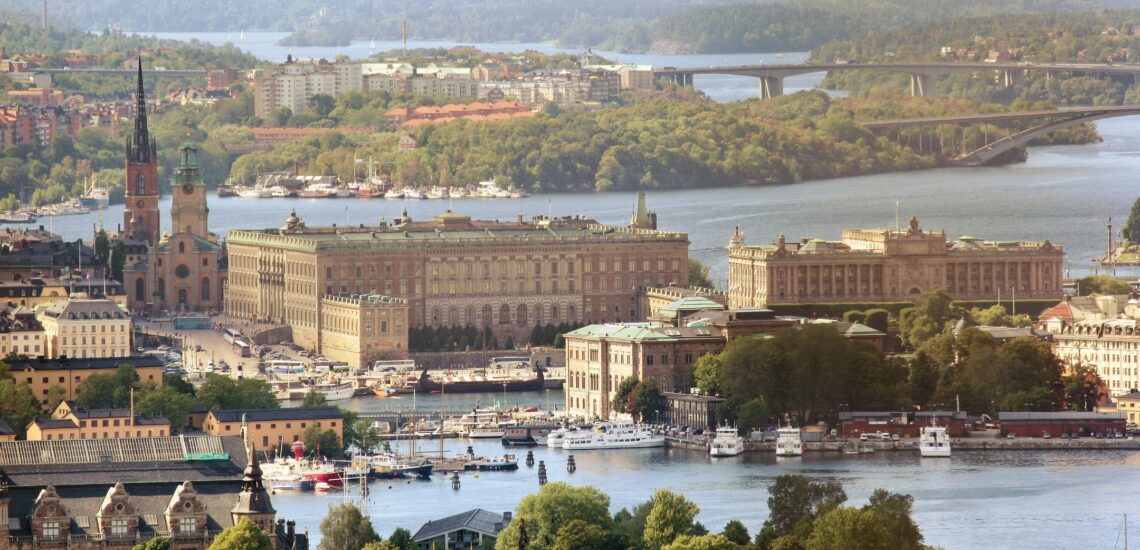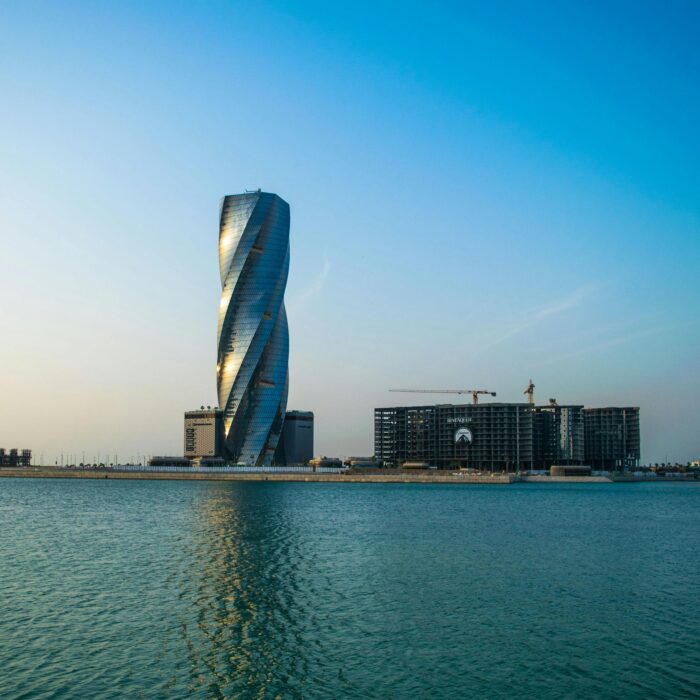Quick facts about Sweden:
- Capital: Stockholm
- Population: Approximately 10.4 million
- Official Language: Swedish
- Monarchy: Constitutional monarchy with King Carl XVI Gustaf as the reigning monarch.
- Currency: Swedish Krona (SEK)
1 Fact: Sweden is the largest Scandinavian nation
Sweden, the largest Scandinavian country, covers an area of more than 450,000 square kilometers. The population is about 10.4 million people. Compared to other Scandinavian countries, Sweden has a larger population than Norway and Denmark combined.
2 Fact: Sweden is a country of innovation
Sweden has earned a global reputation as a hub of innovation, with iconic brands recognized worldwide. Household names like IKEA, H&M, Spotify, Electrolux, and Volvo have Swedish origins and extend their influence far beyond the country’s borders. This innovation-driven success has not only shaped Sweden’s economic landscape but has also left an indelible mark on industries ranging from furniture and fashion to music and automotive.
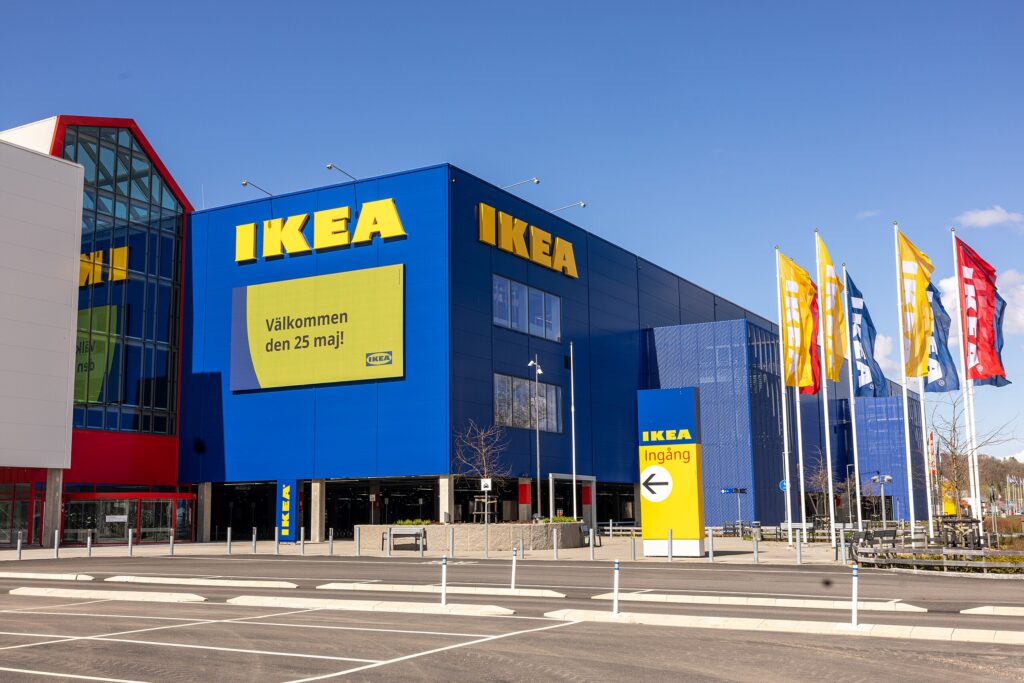
3 Fact: The Nobel Prize is awarded in Sweden
The Nobel Prizes, established by Alfred Nobel’s will in 1895, have been awarded in Sweden since 1901. The awards cover six categories: Physics, Chemistry, Medicine or Physiology, Literature, Peace, and Economic Sciences. The Nobel Prize ceremonies take place annually on December 10th, the anniversary of Alfred Nobel’s death, in Stockholm. To date, Sweden has hosted over 600 Nobel Prize ceremonies, celebrating remarkable individuals and organizations that have shaped the world.
4 Fact: Sweden is strong in waste and plastic recycling
Sweden has made significant strides in waste and plastic recycling, exemplifying a strong commitment to environmental sustainability. The country employs advanced waste-to-energy technologies, with over 99% of household waste being recycled or converted into energy. Sweden’s innovative approaches to waste management contribute to its reputation as a global leader in sustainable practices, showcasing a dedication to preserving the environment for future generations.
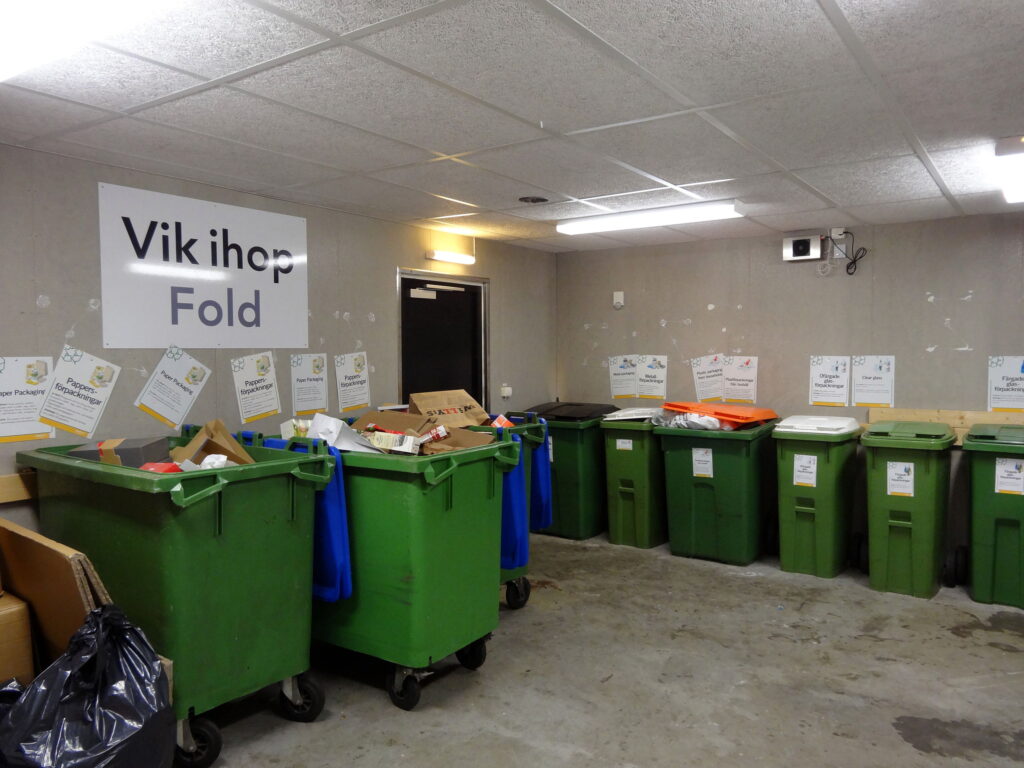
5 Fact: Sweden has northern lights in winter
Sweden provides a splendid opportunity to witness the Northern Lights during the winter months. Regions above the Arctic Circle, such as Kiruna and Abisko, offer ideal conditions for experiencing the ethereal dance of the aurora borealis against the dark winter skies. The magical display of the Northern Lights adds to the allure of Sweden’s winter wonderland, attracting visitors from around the world to witness this natural phenomenon.
Note: If you plan to visit the country, find out if you need an International Driver’s License in Sweden to drive.

6 Fact: The Swedes are significant in world pop music
Swedes have played a significant role in shaping the landscape of world pop music. The country has been a powerhouse for producing internationally acclaimed pop artists, songwriters, and producers. Swedish music creators, such as ABBA, Max Martin, and producers associated with the iconic Swedish pop sound, have left an indelible mark on the global music scene. Sweden’s influence in the realm of pop music continues to resonate, contributing to the success of numerous chart-topping hits and artists worldwide.
7 Fact: Sweden values and respects personal boundaries
Swedish culture places a high value on personal space and individual boundaries. Respect for privacy and a preference for maintaining a comfortable distance in social interactions are integral aspects of Swedish etiquette. This cultural trait reflects a broader societal emphasis on individual autonomy and mutual respect, contributing to a harmonious and considerate social environment in Sweden.
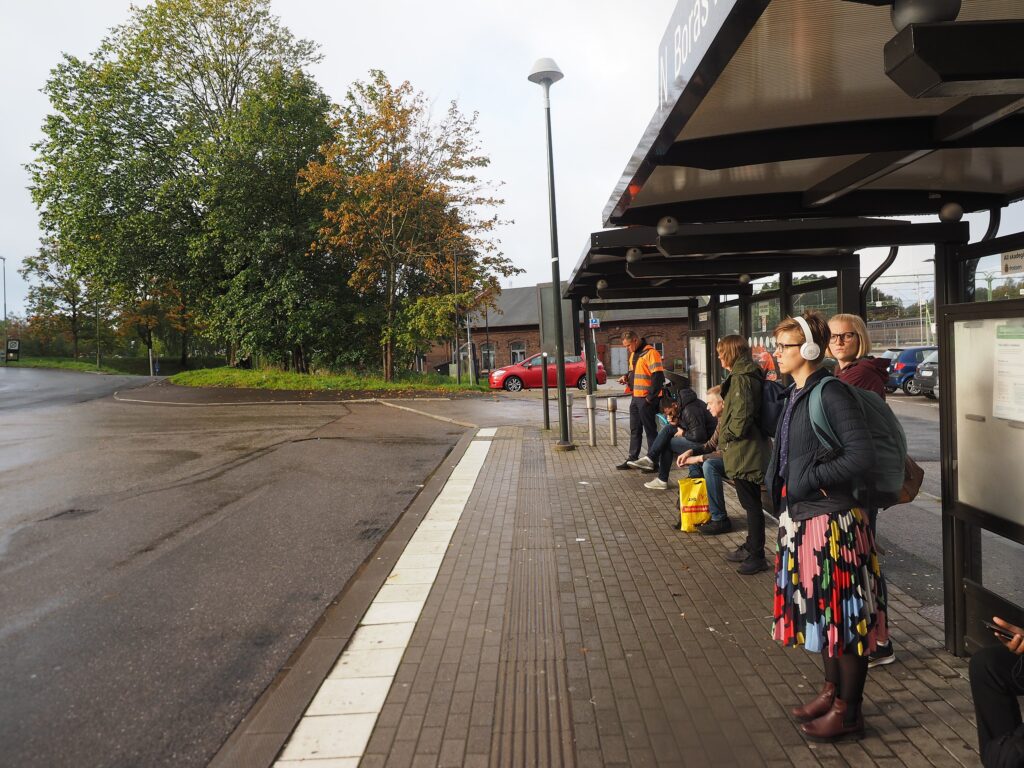
8 Fact: In Sweden they don’t like to cook
In Sweden, a notable culinary trend is a preference for dining out over cooking at home. The country has a vibrant restaurant and cafe culture, with a relatively high number of McDonald’s per capita. This dining preference underscores a modern lifestyle where convenience and diverse food options contribute to the popularity of eating out in Sweden.
9 Fact: Individual washing machines are rarely used in Sweden
In Sweden, the use of individual washing machines is less common compared to some other countries. Instead, communal laundry facilities are frequently employed in residential buildings, allowing multiple households to share and utilize a centralized laundry space. This practice aligns with Sweden’s emphasis on communal living and efficient resource use, providing an example of sustainable and shared domestic amenities.
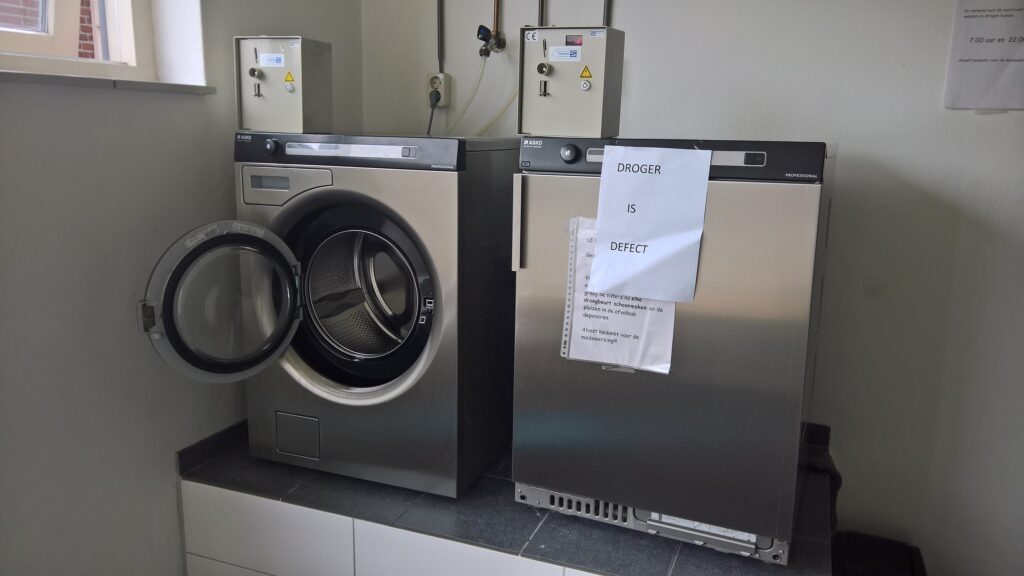
10 Fact: If you are hired in Sweden, it will be extremely difficult to fire you
In Sweden, the strength of labor unions plays a significant role in protecting employees’ rights. Once hired, Swedish workers often benefit from strong job security measures, making it relatively challenging for employers to terminate employment without valid reasons. The robust presence of labor unions contributes to negotiating and safeguarding favorable employment conditions, emphasizing the importance of job stability and employee protection in the Swedish labor market.

Published January 21, 2024 • 4m to read

